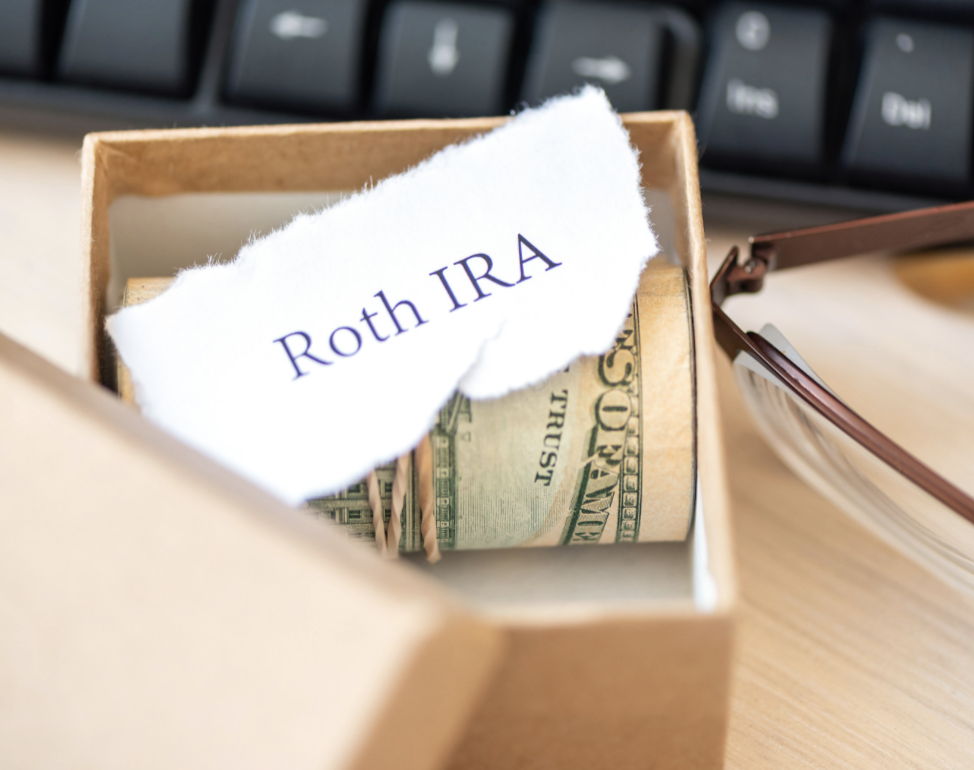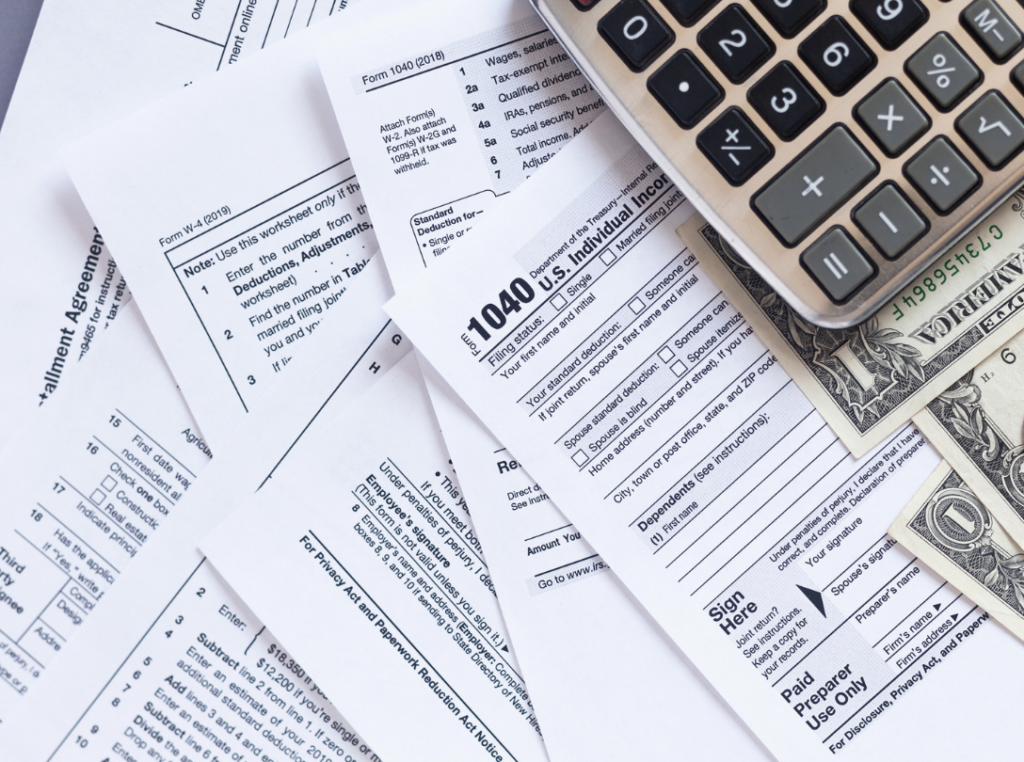Germany has a rich automotive culture, and car tuning has become an increasingly popular hobby among enthusiasts. From turbocharged engines to custom paint jobs, personalization is a form of expression and performance enhancement.
But before you start transforming your car, it’s important to understand how car modifications affect your car insurance in Germany and the legal and insurance implications to avoid trouble.
What Are Mandatory Car Insurance Requirements in Germany?
Before learning how car modifications affect your car insurance in Germany, you should understand the basics of car insurance in the country. Car insurance in Germany is mandatory and consists of three main types:
Haftpflicht (third-party liability). Required by law and covers damage you cause to others.
Teilkasko (partial cover). Adds protection against things like theft, vandalism, or natural disasters.
Vollkasko (comprehensive): Covers everything in Haftpflicht and Teilkasko, plus damage to your own vehicle—even if you’re at fault.
For a comprehensive breakdown, you can check out our complete guide about car insurance here.
What Counts as a Car Modification?
According to German Law (StVZO), a car modification is any change that deviates from your vehicle’s original factory setup. That includes:
- Performance tuning. Turbochargers, engine remaps, or sports exhausts.
- Visual upgrades. Custom paint jobs, decals, spoilers.
- Structural changes. Suspension kits, non-standard rims.
- Interior modifications. New infotainment systems, racing seats.
- Lighting. Underglow, LED strips, or other non-TÜV-approved lighting.

How Do Insurers View Car Modifications?
1. Risk assessment process
When it comes to insurance, modifications can significantly change how insurers assess your vehicle’s risk profile. Any changes from the original factory setup raise questions: Will the car be driven more aggressively? Does it attract more attention from thieves? Could the new parts affect the car’s safety or reliability?
Insurers use this risk analysis to determine whether they want to insure your car at all, and at what cost.
2. Impact on premiums and policy eligibility
Because modified vehicles are often seen as higher-risk, insurance companies may raise your premium to reflect that. The more extensive the modifications, the higher the potential increase. In some cases, if the mods are considered too extreme or make the car non-compliant with road safety standards, your insurer may choose not to offer coverage at all. Some companies have stricter rules than others. While one insurer might accept a lowered suspension with a TÜV certificate, another might reject the same car outright. It really depends on how car modifications affect your car insurance in Germany based on the insurer’s specific guidelines.

3. Categories of Modifications and Their Impact
- Performance enhancements. Modifications such as turbochargers, sports exhausts, or ECU tuning can significantly raise premiums due to increased accident risk.
- Body kits, spoilers, rims, and paint jobs. These modifications may impact theft risk or the vehicle’s safety profile, resulting in higher premiums.
- Interior upgrades. Custom infotainment systems, racing seats, or steering wheels can impact the valuation and safety of the vehicle.
- Lighting and underglow modifications. These may be considered illegal under German road laws if not TÜV-approved and can void your insurance if undeclared.
What Are the Legal Requirements of Car Modifications?
In Germany, any modification that affects the safety, performance, or appearance of your car usually needs to be approved by the TÜV. Some parts come with an ABE (Allgemeine Betriebserlaubnis), which serves as a kind of blanket approval, but not everything does.
If your mod isn’t approved and you get pulled over, you could face fines. And if you’re in an accident, your insurer may refuse to pay out because the vehicle was technically illegal on the road.
How Do Modifications Affect Your Insurance Premiums?
Another reason how car modifications affect your car insurance in Germany is that they alter the very risk profile insurers base pricing on. Increased risk factors mean increased premiums. More powerful or flashy cars are statistically more prone to accidents or theft, leading to higher premiums. If you’re looking to save on insurance costs, check out our article with 12 practical tips to lower your car insurance premiums in Germany.
What are Alternative Insurance Options for Modified Cars?
If you’ve tuned your car or own a vintage model, there are insurance options designed just for you. Some insurers offer specialized policies tailored for modified vehicles. These plans often come with broader coverage but may have higher premiums to match the increased risk.
For classic cars or heavily customized rides, niche policies through specialized brokers can provide the right balance of protection and flexibility that standard insurance might not offer. This is another angle on how car modifications affect your car insurance in Germany: you may need to explore alternative providers or policy types.

Tips to Get the Best Insurance as a Modified Car Owner
1. Compare multiple quotes. Always shop around and get at least three quotes. Be upfront about your modifications so insurers can give you accurate pricing based on your specific vehicle.
2. Work with experienced brokers. Insurance brokers who know the ins and outs of modified cars can help you find better deals and make sure your coverage meets German legal requirements. If you need personalized assistance, you can book a call with one of our insurance experts here.
Modifying your car can be a rewarding hobby, but it’s important to understand how car modifications affect your car insurance in Germany. Always follow legal requirements and keep your insurer informed to ensure your coverage stays valid and your vehicle remains protected. Responsible modification means peace of mind on the road.
We’re here to help and support you in understanding your choices. We also have a live chat feature available on every page! If you have any questions, just click to start a conversation, and our team will be happy to assist you shortly.
FAQs
1. Do all modifications need to be declared?
Yes, it’s crucial to inform your insurer before and after modifying your car. Not doing so can be considered a breach of contract. Failure to disclose modifications can lead to denial of claims, especially in the event of an accident involving the modified parts.
2. Will small mods like new rims affect my insurance?
Possibly. If the rims are not OEM and significantly change the vehicle’s look or performance, insurers may adjust your premium.
3. What happens if I don’t inform my insurer about a modification?
Your claim may be denied, and your policy could be voided.
4. Are there insurers in Germany that specialize in modified cars?
Yes, some insurers cater specifically to tuning enthusiasts. A broker can help you find the right one.
5. Can I revert modifications to lower my premium again?
Yes, but you must inform your insurer and potentially undergo a new TÜV check to reflect the changes.
What our clients say about our services






Secure your future abroad with tailored insurance & pension plans
Get expert advice on the best solutions for expats – personalized to fit your unique needs. Start planning today!


























